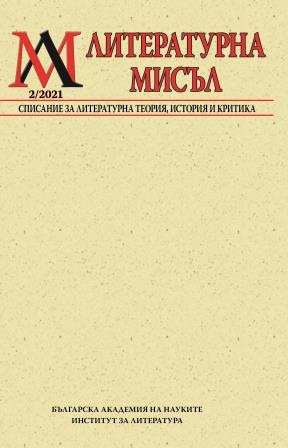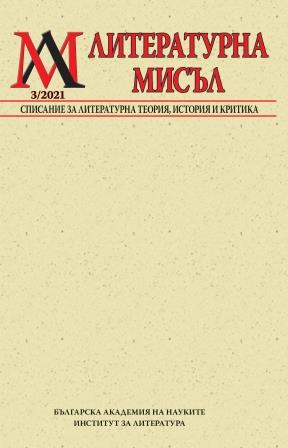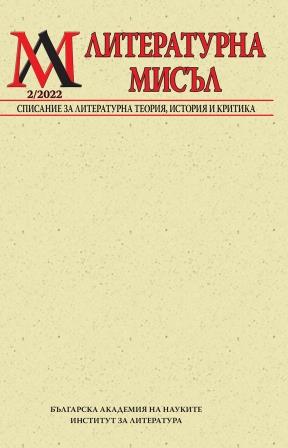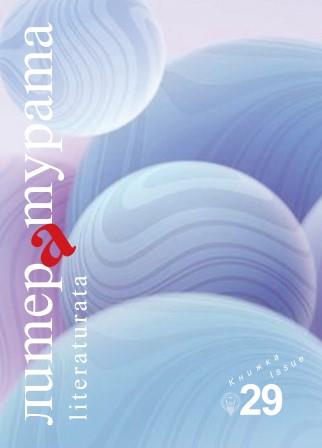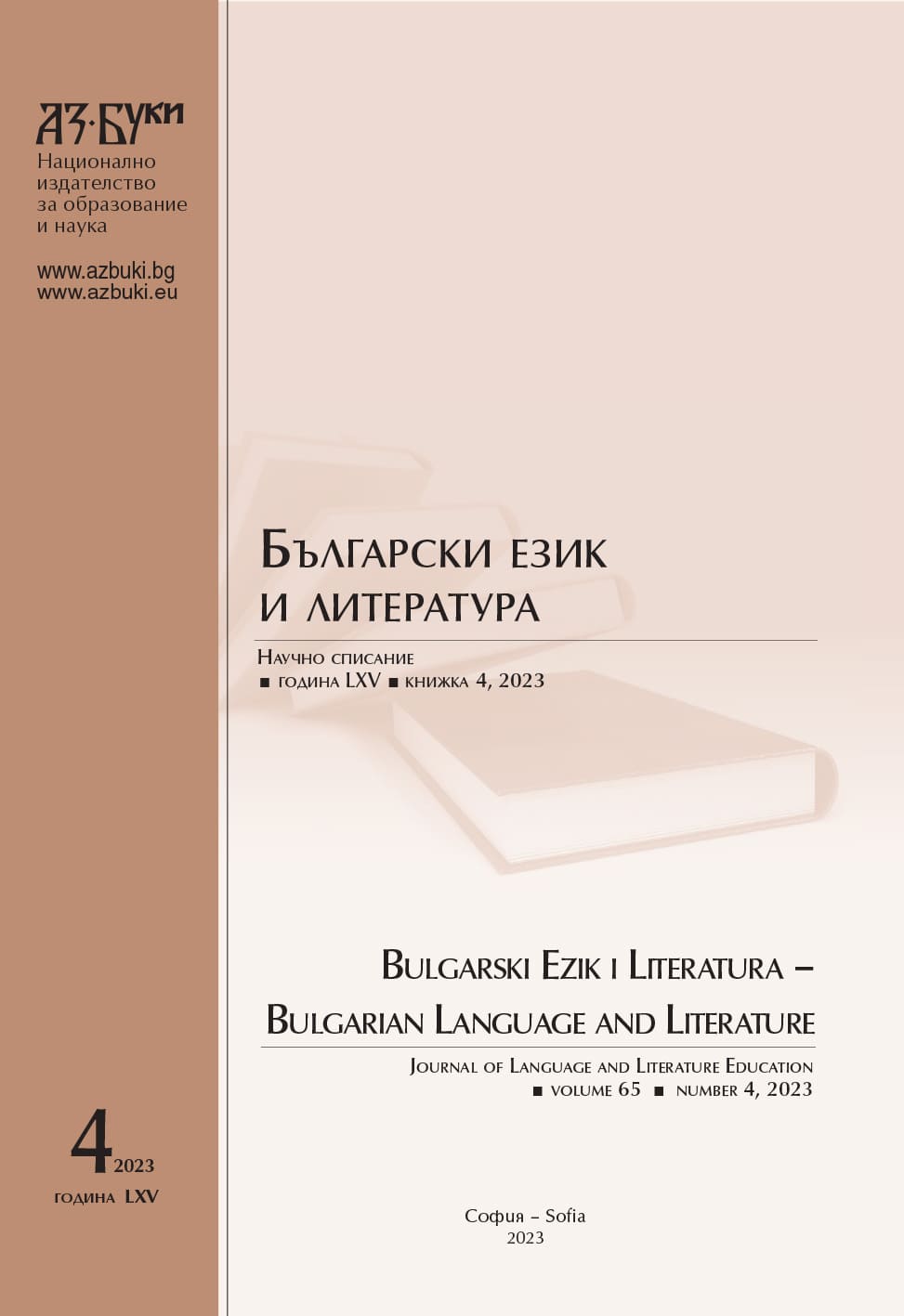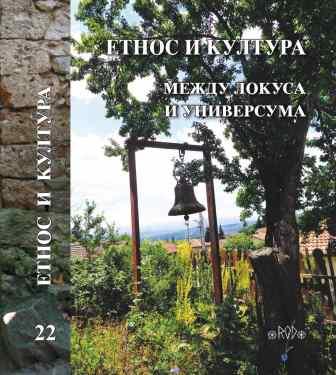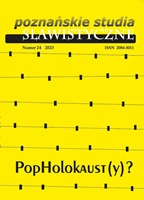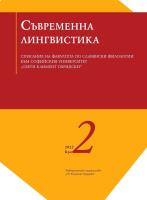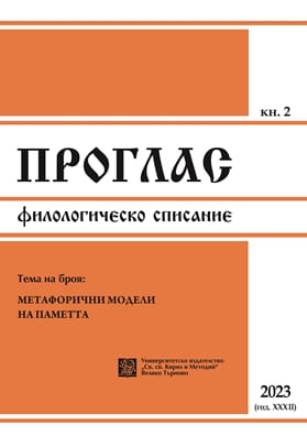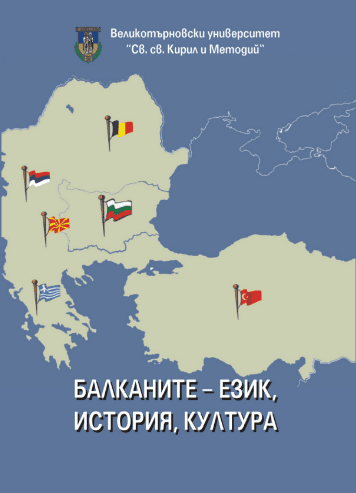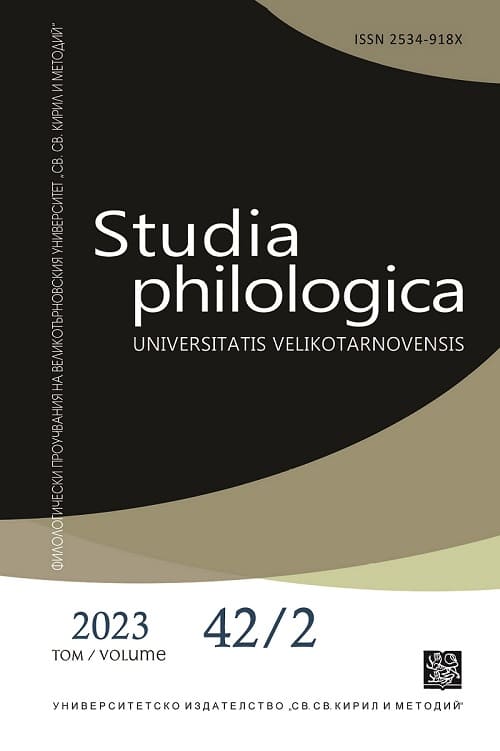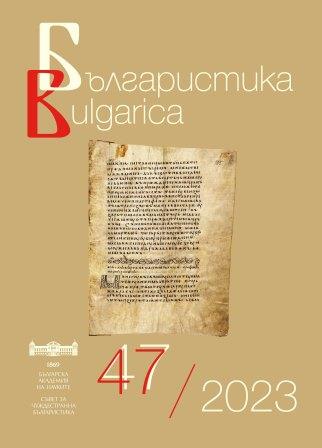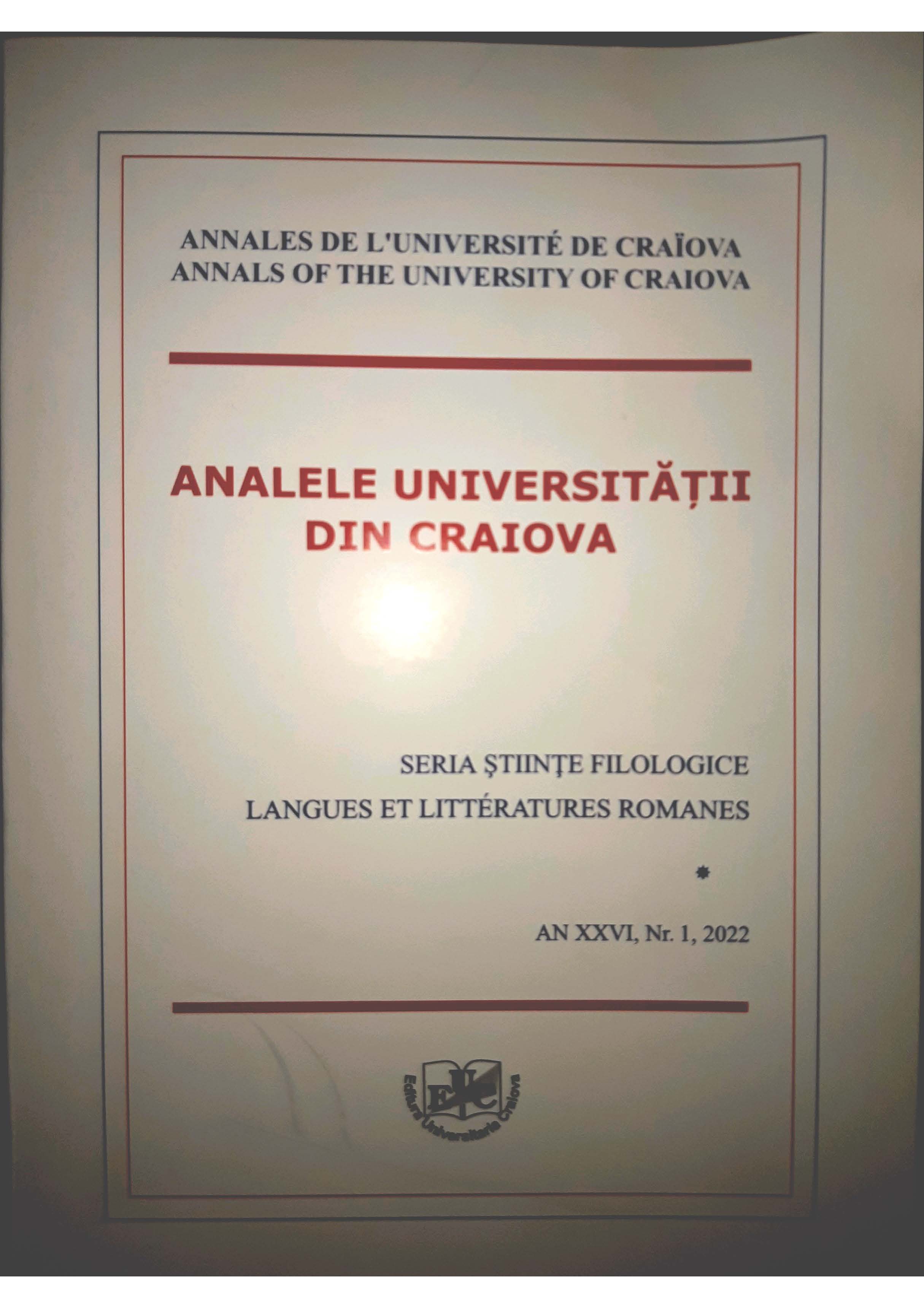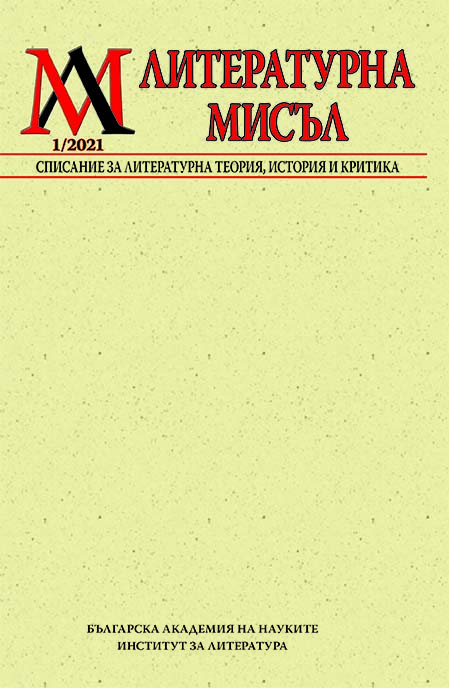
Опит в жанровата генеалогия на прозата. Повествованията на Любен Каравелов
This critical undertaking seeks to establish the fictional status of prose by means of tracking down the genre’s genealogy. Drawing on the historical poetics of New Bulgarian literature, the study focuses on the differentiation of prose narratives from the variety of literary modes that shaped the discursive polyphony of Revival literature: journalism, folk studies, linguistic endeavours, philological reflections, folklore archives, parts of which went down in prose as specific expressions or synthetic formulations serving to impart a degree of fiction to the narrative. The specifics of Karavelov’s narration render it eligible for analysis that employs the strategies and methods of counternormative genealogy, the study of genre development that registers the impulse for its dissolution.
More...
